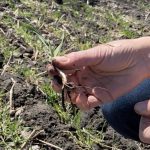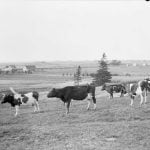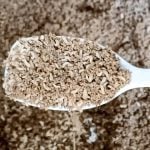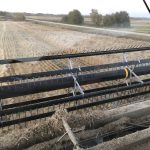
Op/Ed

OPINION: Ag Days 2026 moved talk from trade anxiety to tactics
Farmers, speakers and exhibitors at Manitoba Ag Days 2026 were again talking trade uncertainty, but this year’s tone felt more proactive

Spoken questions are what make it an interview

Canadian government got it wrong on public plant breeding
Nation building should deem agriculture essential, not a casualty

Farm equipment market unlikely to pick up
Sales have been slow and an unreliable U.S. administration makes trade certainty impossible

Agriculture, including the pork sector, has monsters to slay in 2026
Tariffs, disruption and a CUSMA review; Uncertainty is weighing against what should be positive signals for the pork sector

Government silence loud on AAFC cuts
Fiscal responsibility should mean owning the responsibility for fiscal decisions

Pragmatism prevails for farmers in Canada-China trade talks
Canola tariff reductions and a more even-keeled trade tone with China a positive for Canadian farmers, despite risk of irritating a volatile U.S.

Bug farming has a scaling problem
Insect farms hoped to tap into protein markets, particularly for animal feed, but around the world companies have hit financial difficulties in 2025

The poetic epic of Manitoba farming 2025
Former Manitoba Co-operator editor John Morriss returns for his yearly poetic sum up of the farming year and look ahead into 2026

The new spin on farm legacy
Farmers are starting to think differently about the future. What does this mean for the next generation and farm succession planning?


